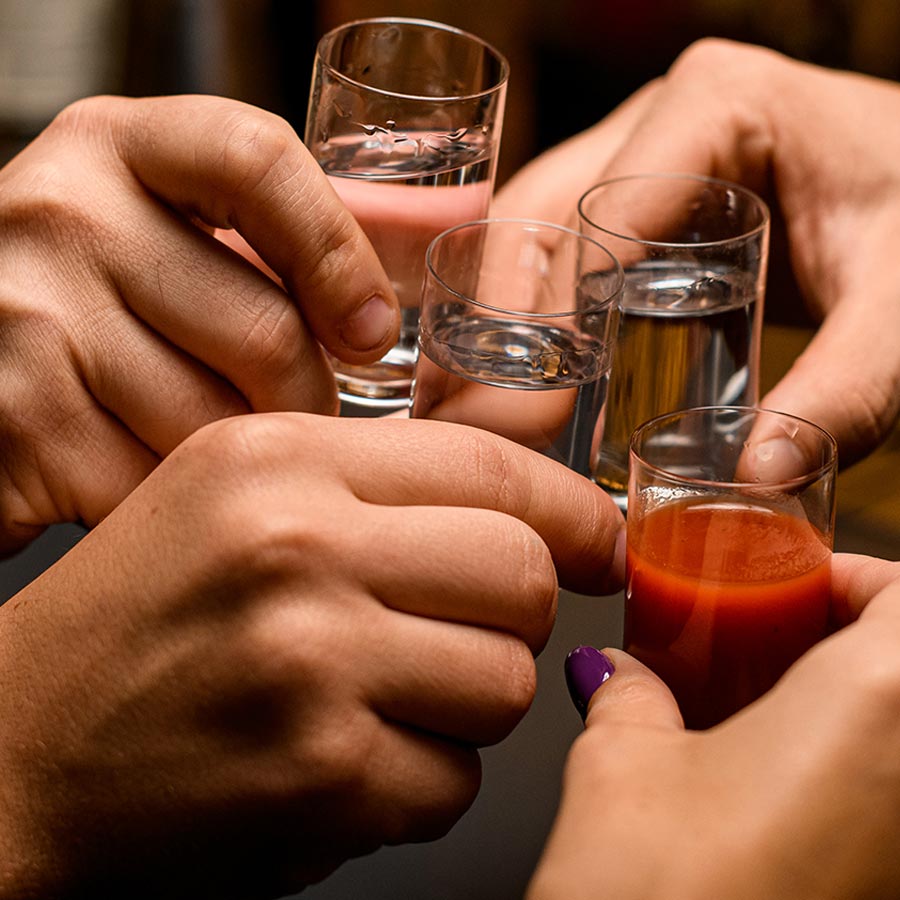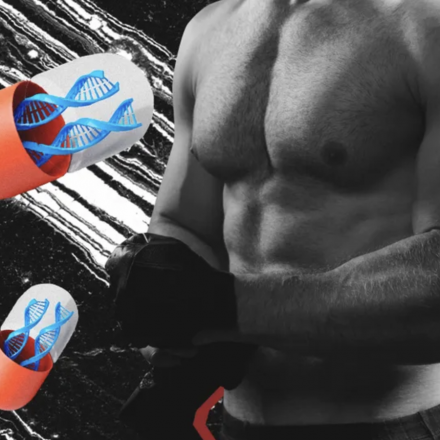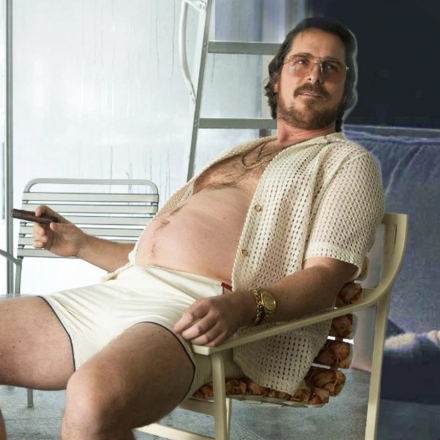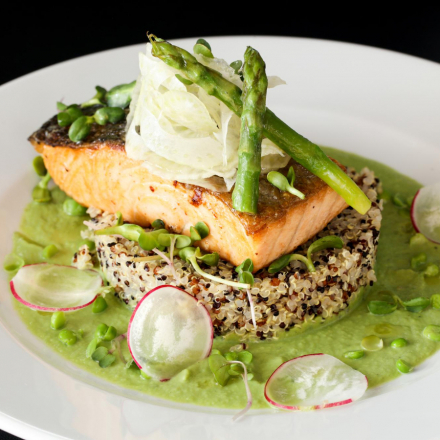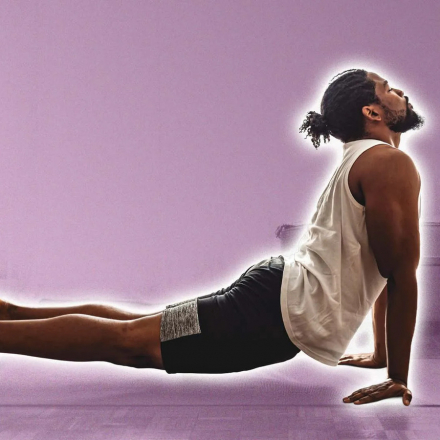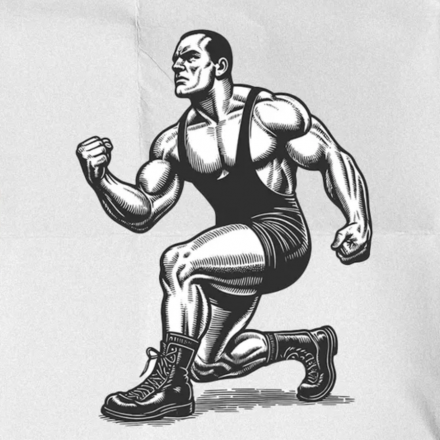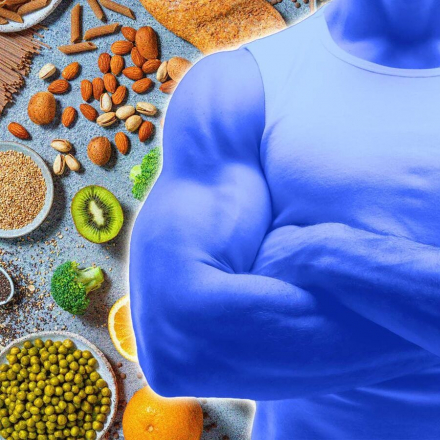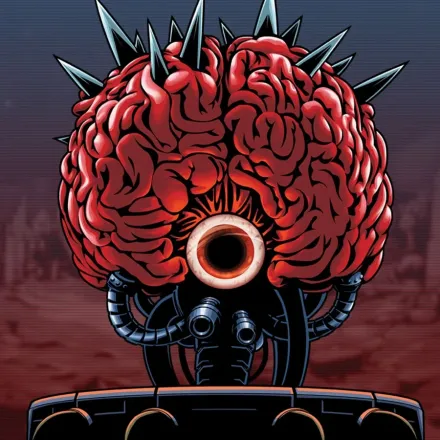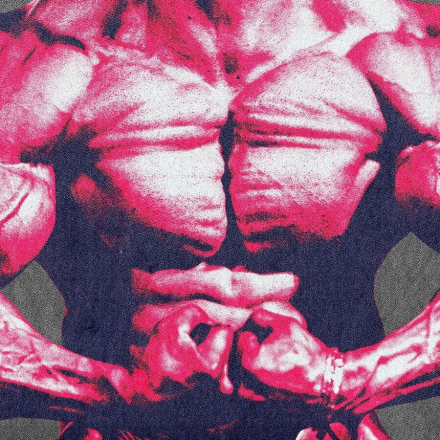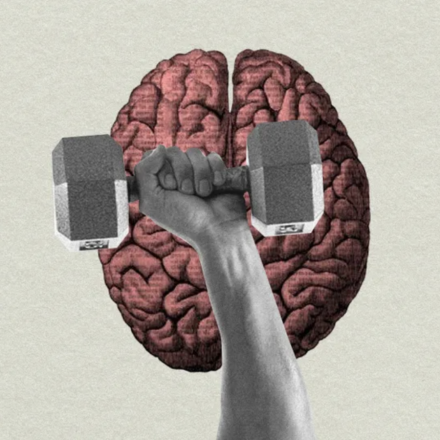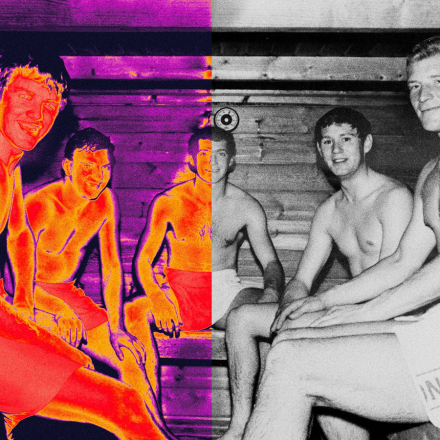Alcohol isn’t just a drink; it’s a true emotional catalyst, capable of triggering a wide range of feelings, from relaxation to aggression. This statement found scientific confirmation in a study conducted by British psychologists, who decided to explore how different types of alcohol affect our emotional state. The curiosity of scientists, particularly Mark Bellis from Cardiff, led to over 30,000 people worldwide answering questions about what drinks they consume and how they feel afterward.
Beer: Relaxation and Unexpected Energy Boosts
Beer, the favorite drink of millions, is primarily associated with feelings of comfort and relaxation. About 50% of respondents admitted that beer gives them a sense of calm, and almost half feel more confident. But it's not all so simple: 25% of beer lovers experience a strange restlessness and an unexpected energy surge, as if they want to move mountains. Or at least walk up the stairs.
Red Wine: Fatigue and... Rage?
For most, red wine is associated with coziness and relaxation. Over 60% of respondents claim that a glass of red wine makes them feel tired, which they usually remedy with a lazy evening at home. However, 7% of lucky (or unlucky) people confess that wine provokes sudden outbursts of aggression and a desire to start a fight. It seems the passions in a glass of red wine can sometimes get out of control.
White Wine: Uncertainty in Everything
White wine turned out to be the most mysterious of all beverages. Its effect on the emotional state is hard to describe: it doesn’t bring clear relaxation or sudden vigor. People may feel a slight uncertainty: whether to go to sleep, call an ex, or perhaps finally throw away that old Christmas tree.
Strong Alcohol: Emotions on the Edge
This is where the real emotional rollercoaster begins! Vodka, cognac, rum, and other strong drinks awaken the beast within. Nearly 30% of respondents admitted that after consuming strong alcohol, they feel the urge to start a fight, even if they are usually the most peaceful people. Strong drinks also tend to make people cry and generally feel lousy. Maybe that’s why they’re so popular during the holidays — emotions are guaranteed.
The study produced several interesting facts, which might come in handy during your next tipsy philosophical conversation:
Over 50% of respondents feel an extraordinary confidence and energy after alcohol. Yes, alcohol can inspire you to do great things, like decisively eating a burger and writing a grand social media post about it.
Almost 42% admitted that alcohol awakens their sexual desire. And for this fact, we are especially grateful to British scientists.
Women experience a wide range of emotions, but aggression isn’t their strong suit. Though this doesn’t explain who’s calling you at 3 AM after a breakup, threatening to map out your future in vivid detail.
Aggression is most commonly felt by those who drink only occasionally, or those who don’t know their limits. The latter, by the way, experience the widest range of emotions, from happiness to despair.
Alcohol does indeed affect our emotions, and there is both a scientific basis and a touch of myth to it. Which emotion a particular drink will evoke in you depends on a variety of factors, from your mood to your environment. But one thing is for sure: at some point, each of us has felt like the king of the world with a drink in hand.

